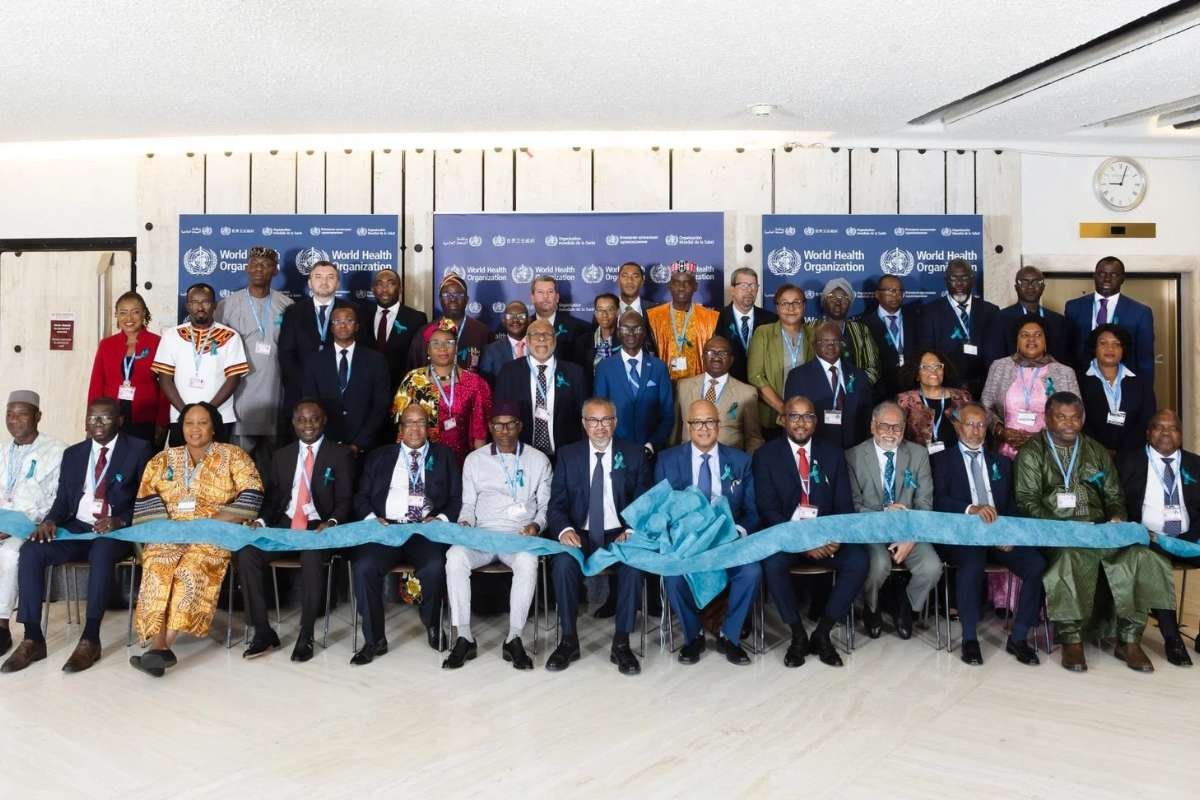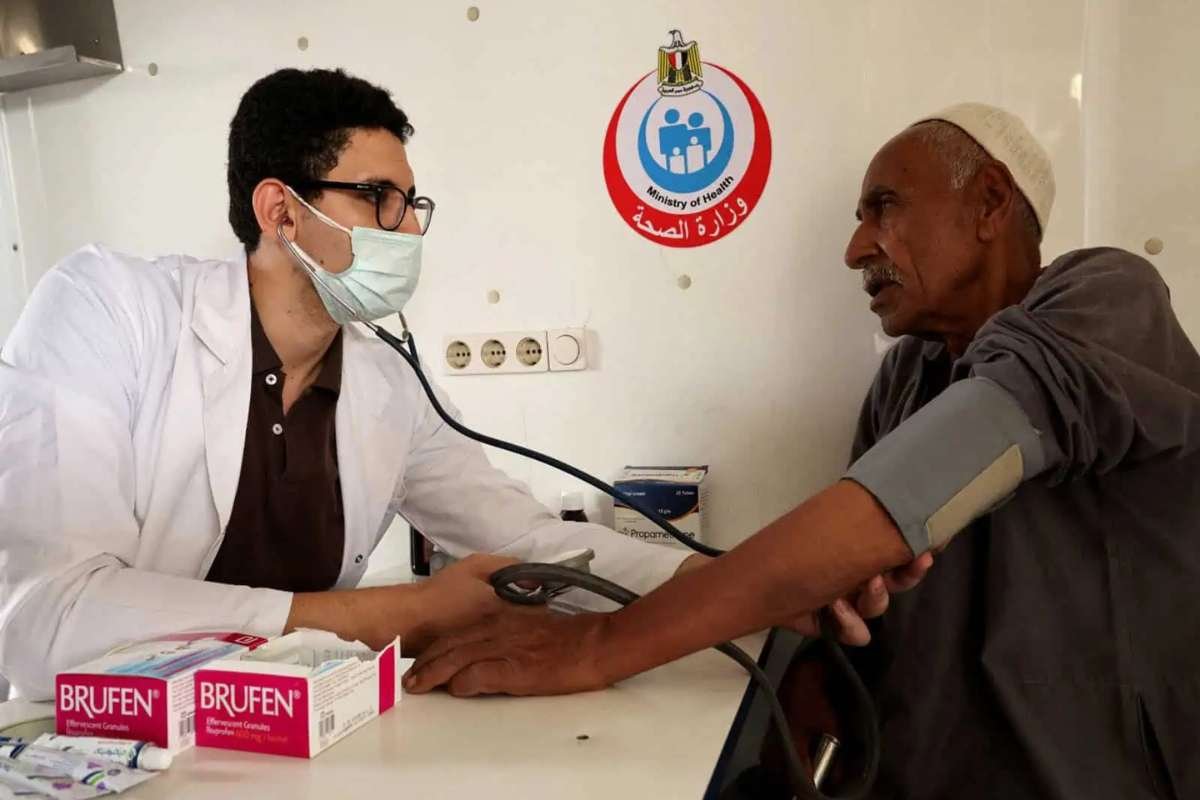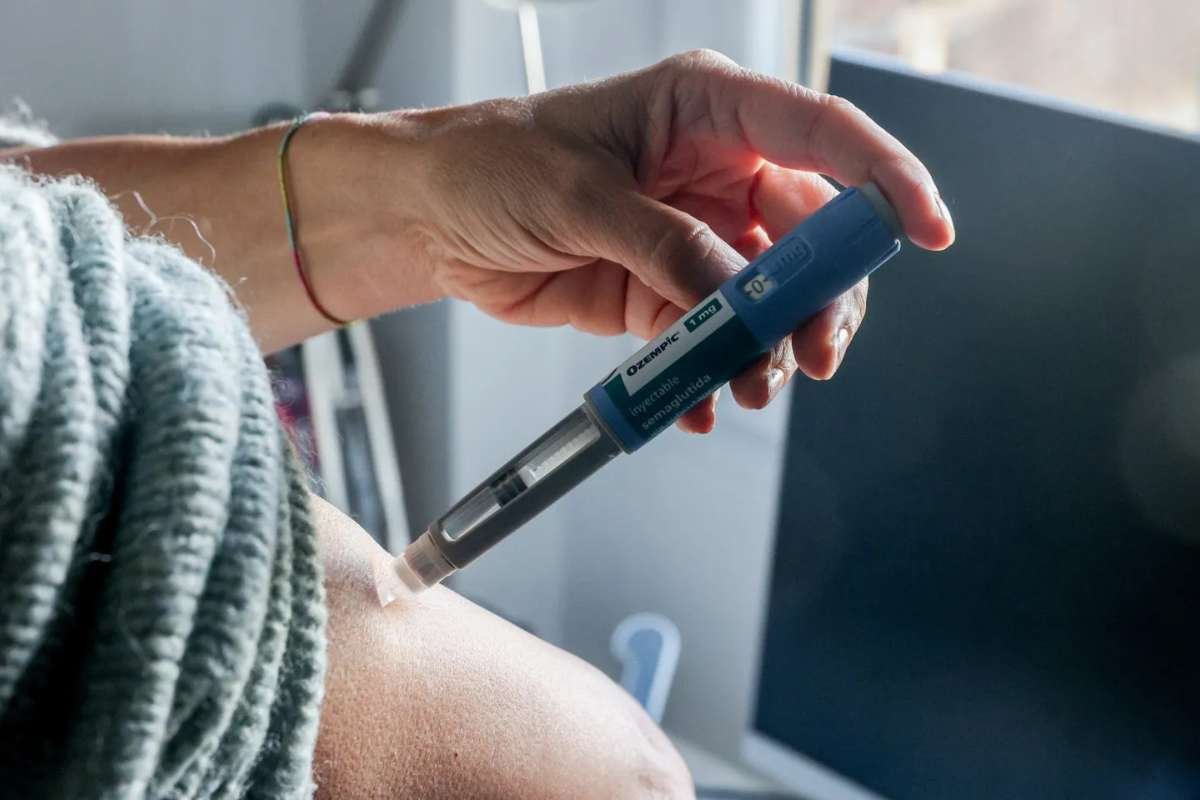A new global study has revealed that women aged 65 and above continue to face a significant risk of cervical cancer due to persistent HPV infections, challenging current cervical screening guidelines. Despite widespread vaccination efforts and screening programmes, cervical cancer remains a leading cause of cancer-related deaths in women globally. According to the World Health Organization (WHO), there were approximately 660,000 new cervical cancer cases and 350,000 deaths in 2022. Alarmingly, 157,182 of those new cases and 124,269 deaths occurred in women aged 65 or older, underscoring a concerning trend in older populations.
Currently, many national guidelines, including those in the UK, advise stopping cervical screening after age 65, provided the individual has had consistently normal test results. However, experts warn that this approach may leave older women vulnerable, particularly those who were never vaccinated or inadequately screened earlier in life. In England alone, cervical cancer causes around 685 deaths annually, despite comparatively high but declining vaccination and screening rates.
Study Shows Older Women More Susceptible to High-Risk HPV
The research, recently published in Gynecology and Obstetrics Clinical Medicine, analysed cervical screening results from over two million women in China between 2017 and 2023. Of those, 17,420 were aged 65 and above. The findings showed that nearly 14% of women over 65 tested positive for high-risk HPV types, compared to just 8% of younger participants. Additionally, older women were more likely to have multiple strains of the virus and abnormal cell changes, both of which can lead to cervical cancer if left untreated.
Researchers emphasized that this demographic faces an increased likelihood of developing cervical cancer and dying from it, partly because many may never have received the HPV vaccine or participated in regular screenings. The study concluded that women over 65 represent a high-risk group, and that the current age cut-offs for routine screening may need urgent re-evaluation.
Experts Call for Policy Rethink Amid Preventive Health Push
The findings have prompted calls from cancer charities and health experts for national screening committees to reassess current age limits. Athena Lamnisos, CEO of the Eve Appeal, noted that many women in this age group are unvaccinated and may have missed screening opportunities, putting them at heightened risk. She urged a review of the screening criteria in light of the new evidence.
Cancer Research UK’s Maxine Lenza highlighted that while those who have kept up with screenings have a low risk, women over 65 who have never been tested can and should request a cervical screening from their GP. Meanwhile, NHS officials confirmed that women who test HPV-positive at 65 are invited for further monitoring, adding that their screening guidelines are regularly updated in line with global evidence.
A spokesperson for the Department of Health and Social Care reiterated that any concerned woman should consult her GP. As part of a broader preventive health strategy, self-sampling HPV kits will soon be introduced to make screening more accessible and overcome barriers to early detection.
Also Read :- HPV Testing Recommended Over Pap Smears for Cervical Cancer Screening in Women Over 30









